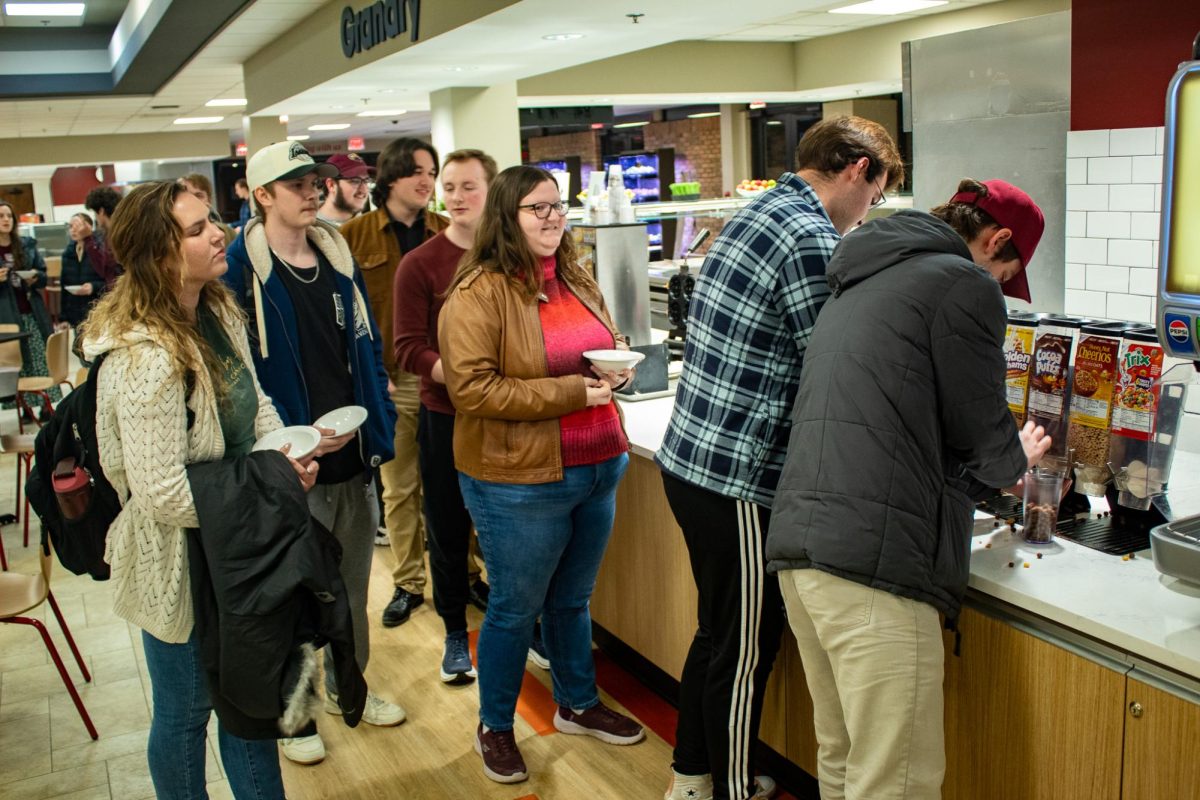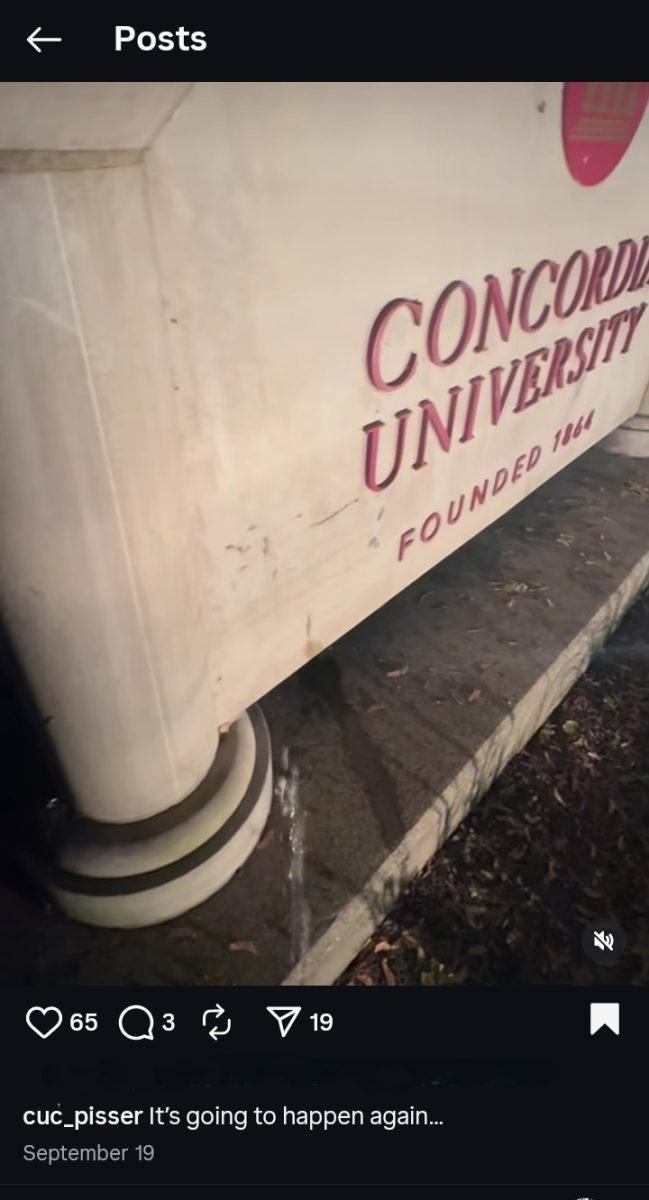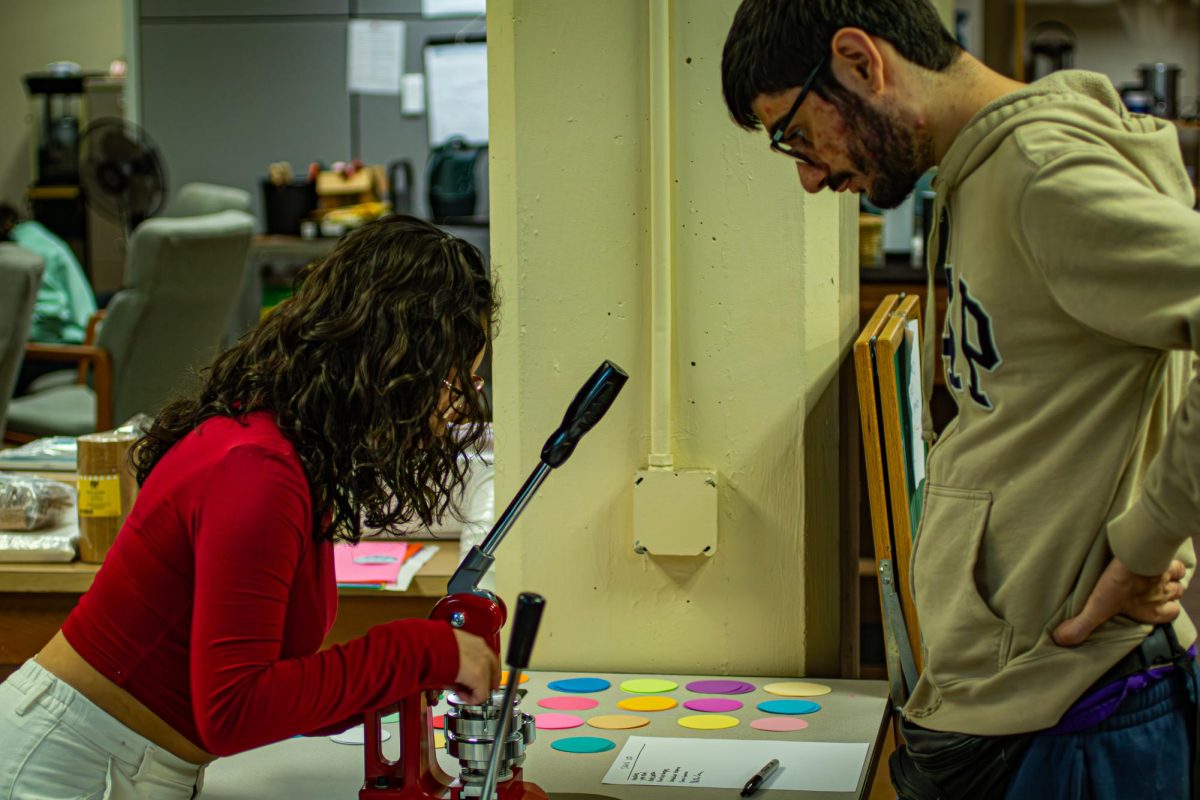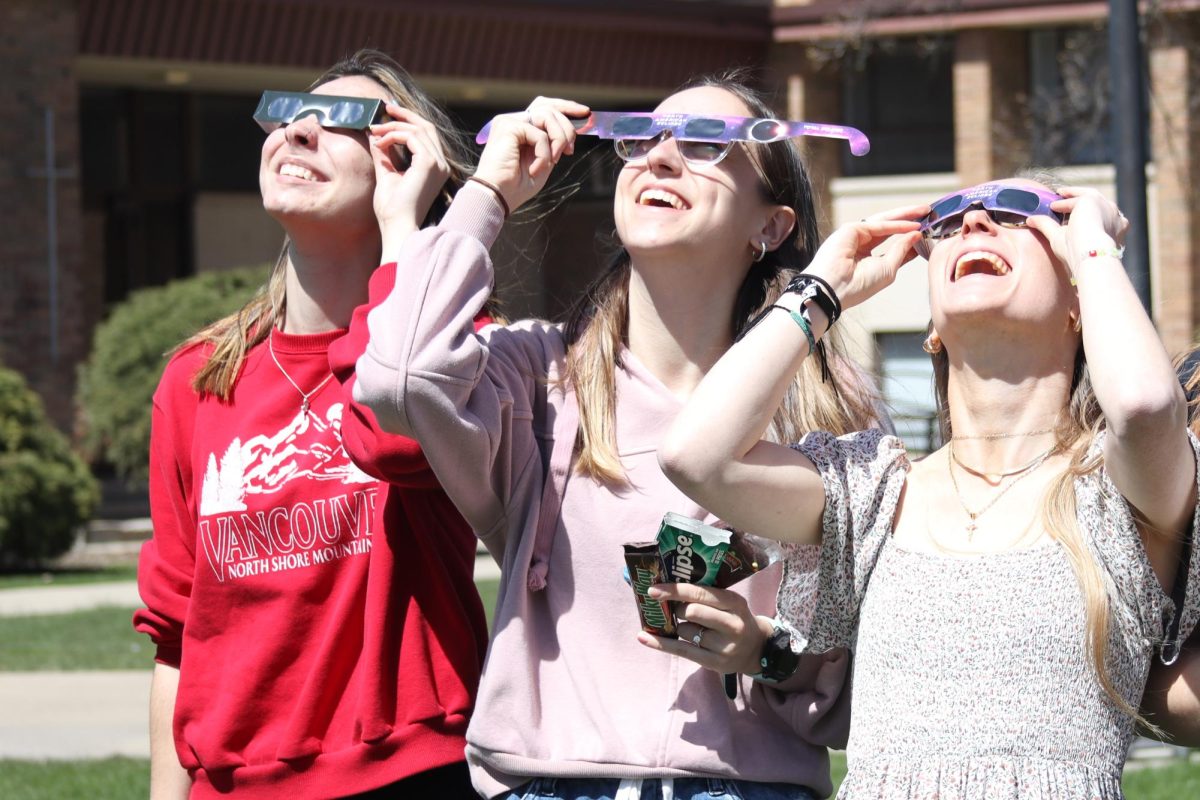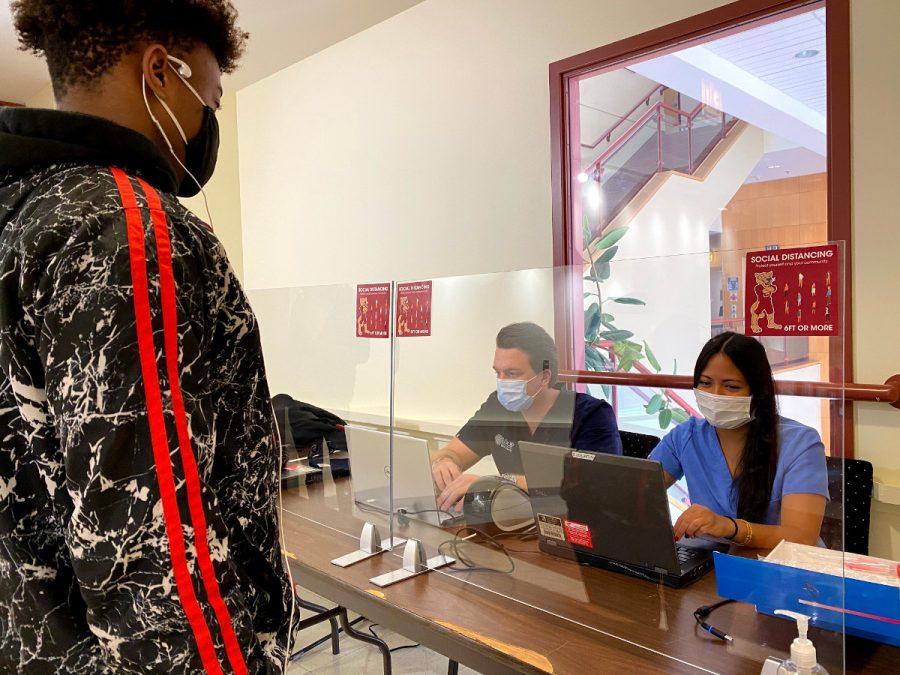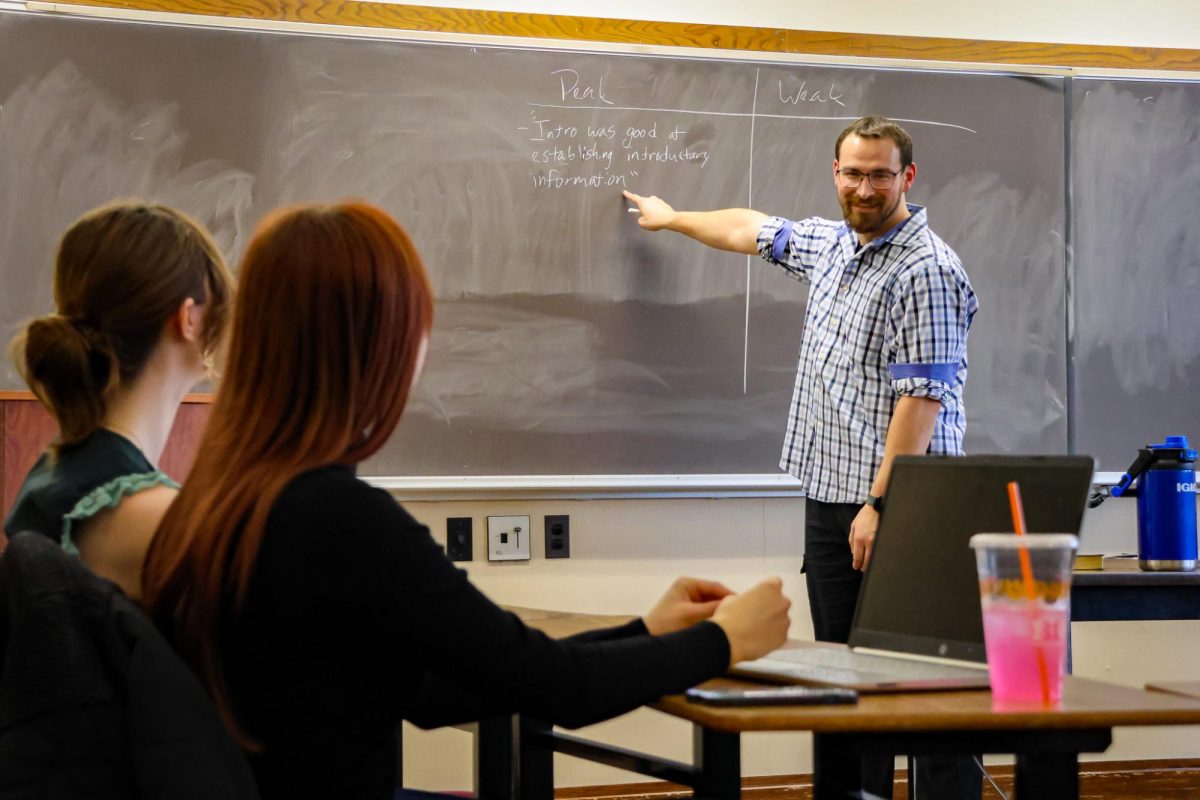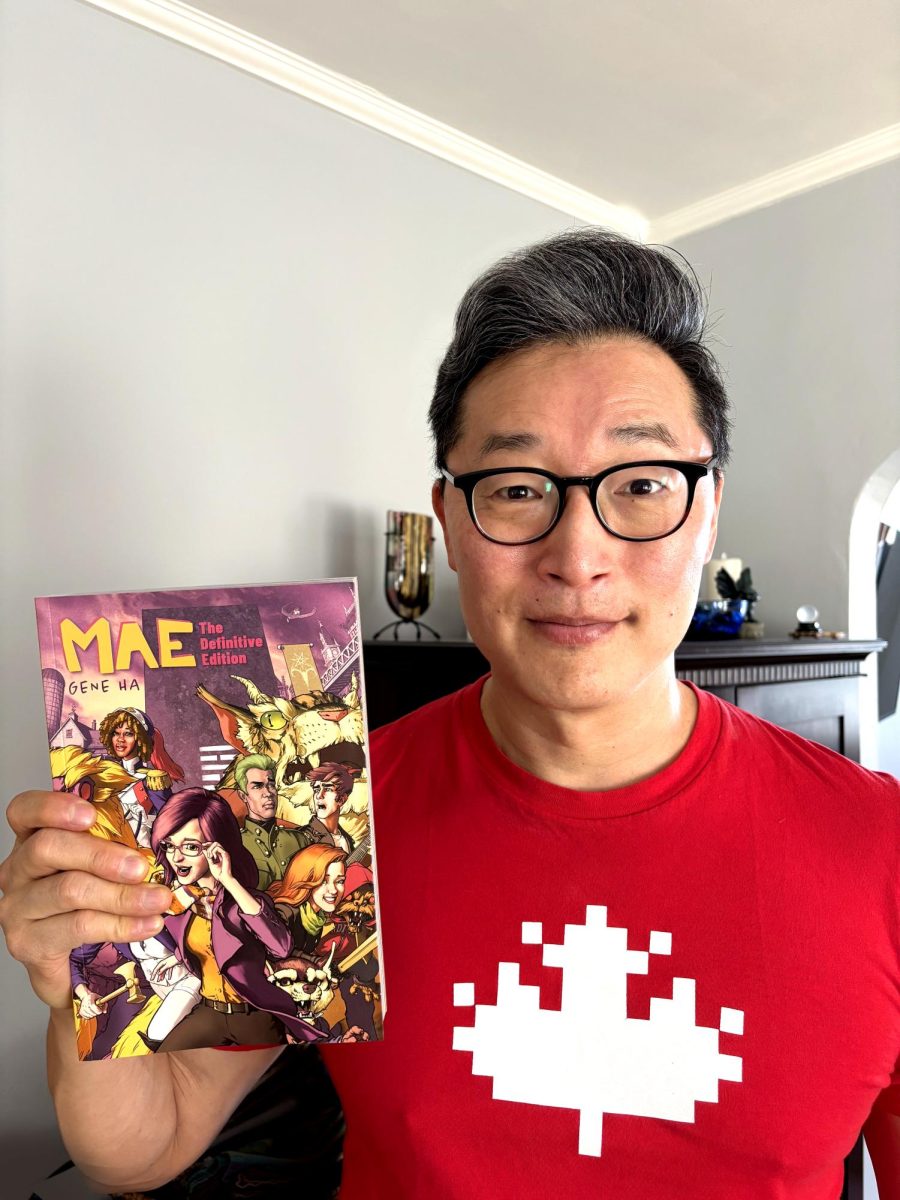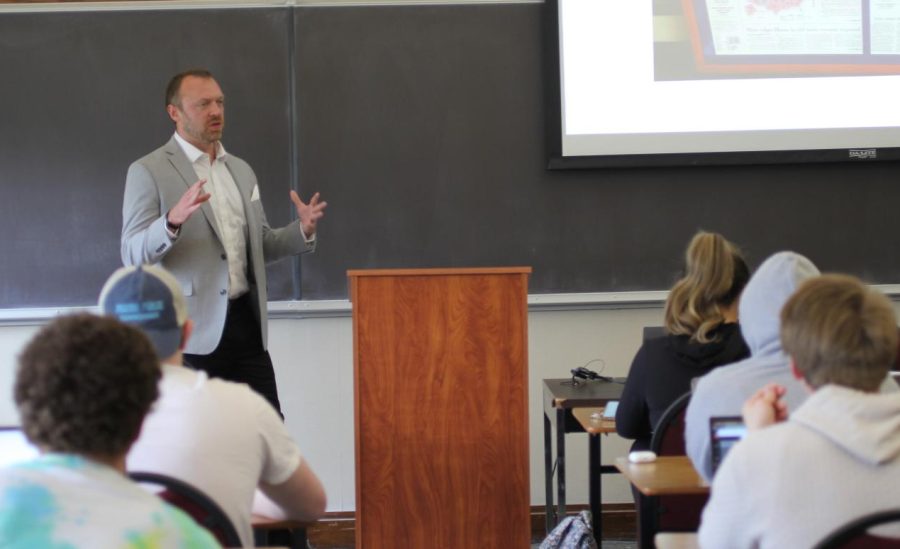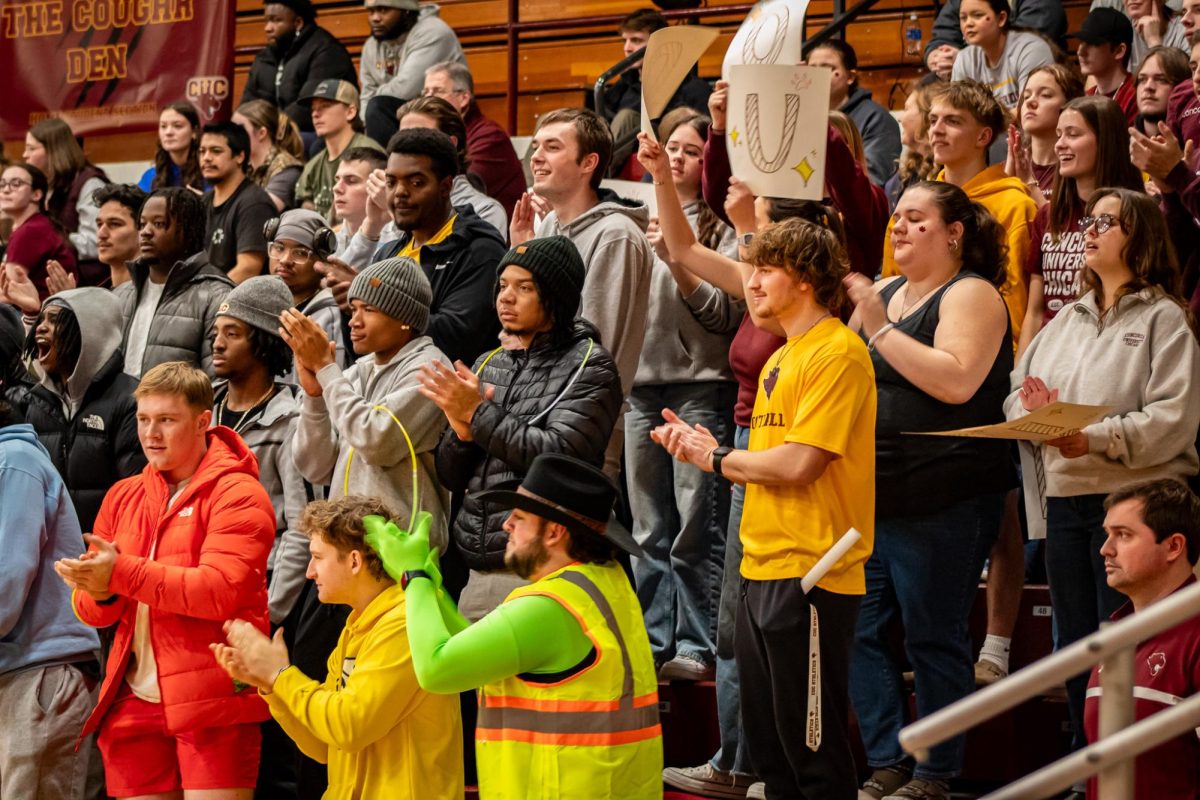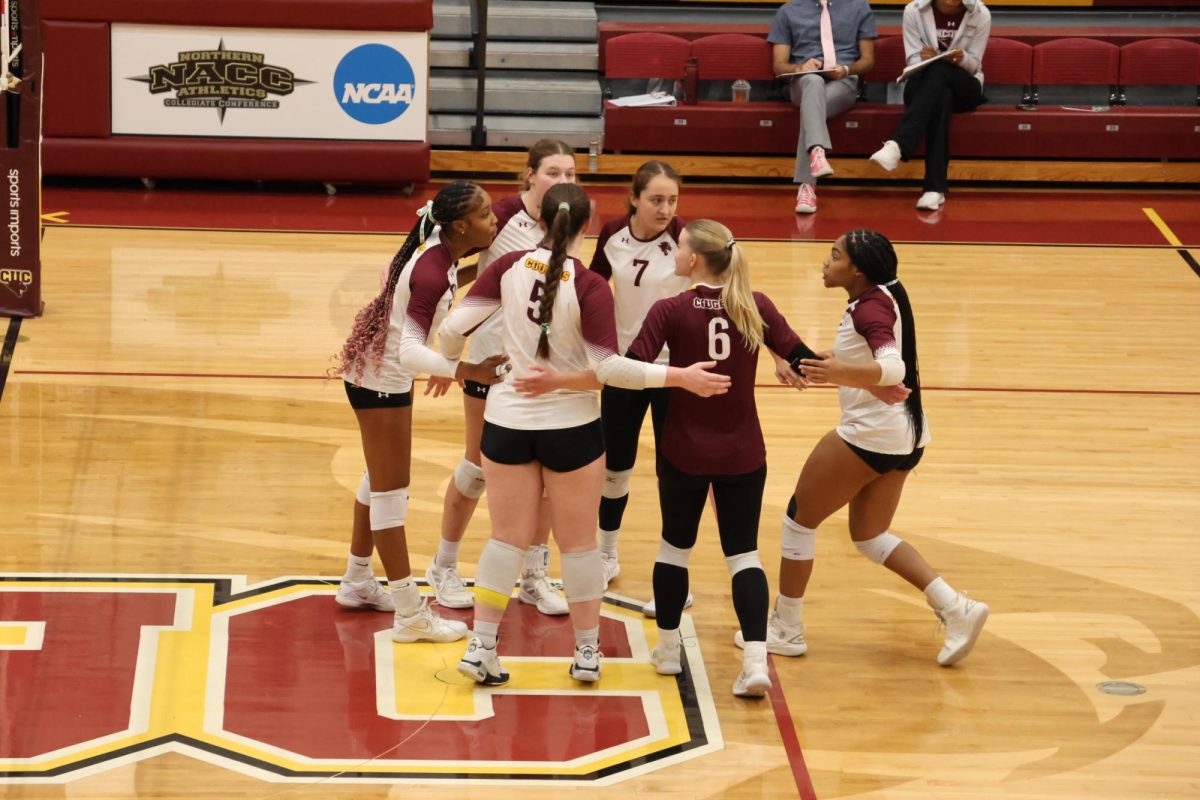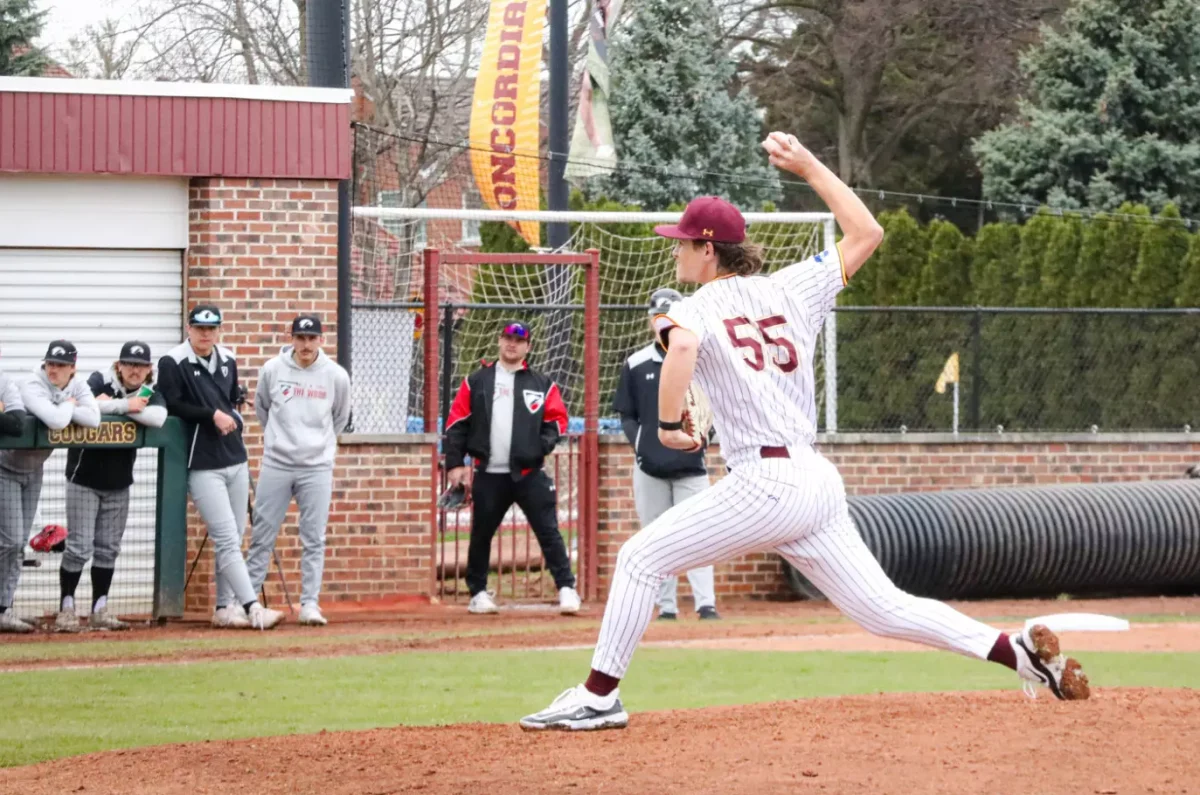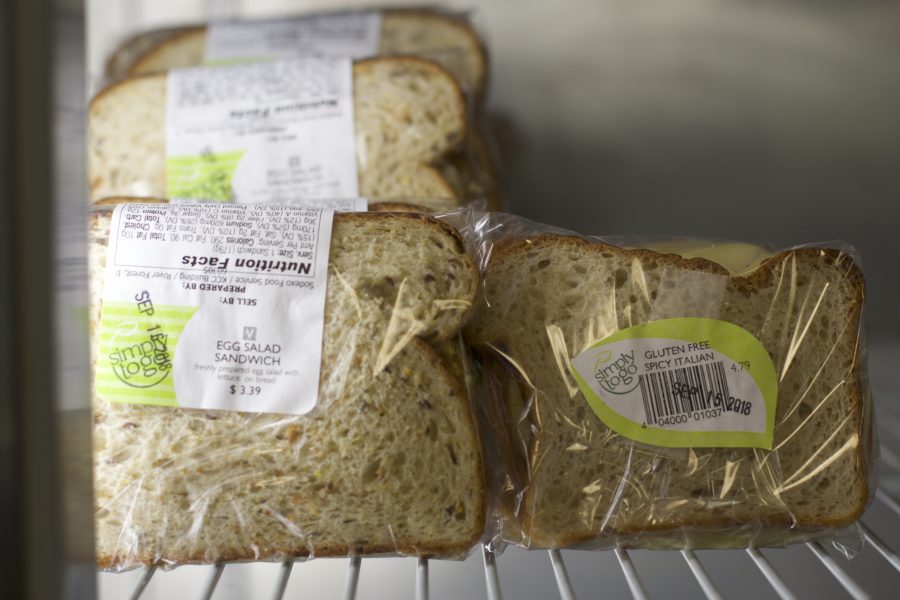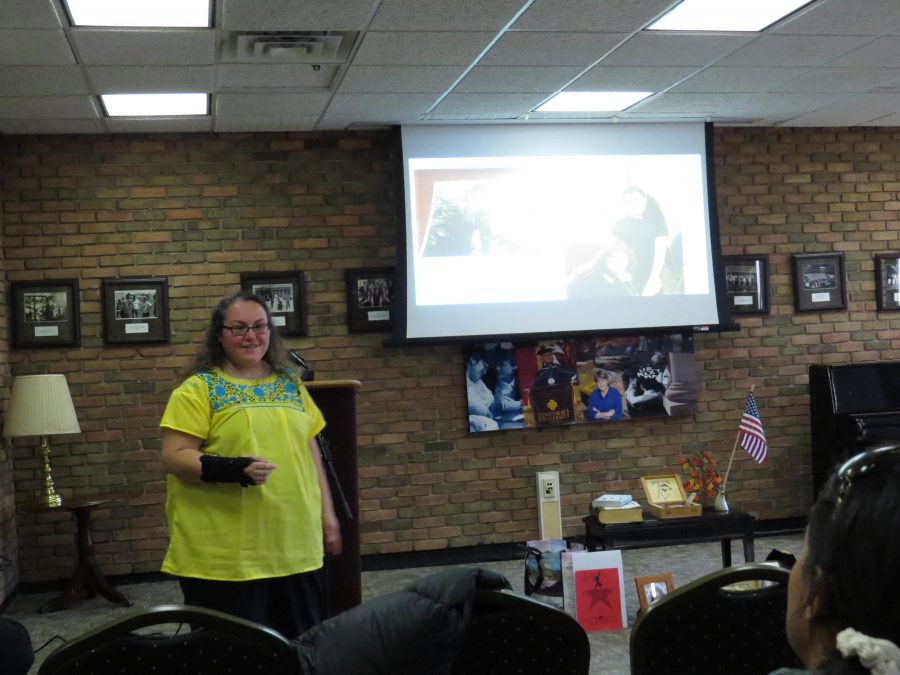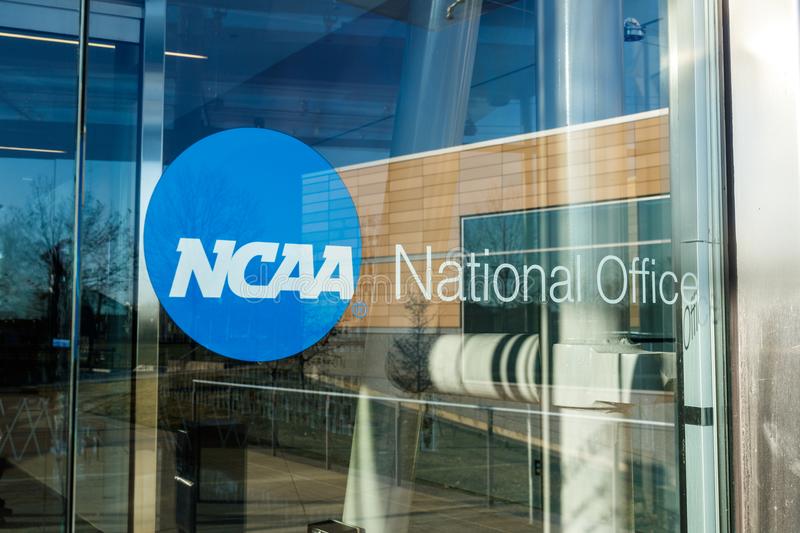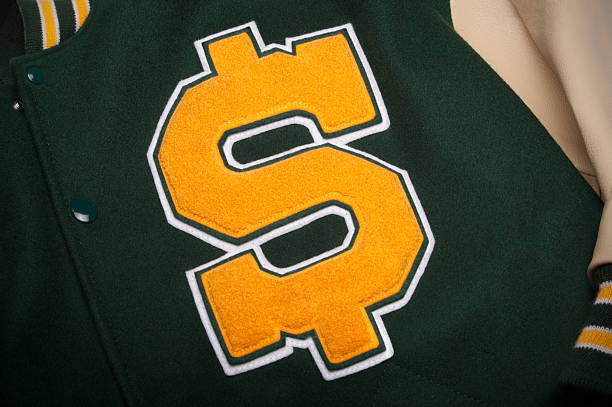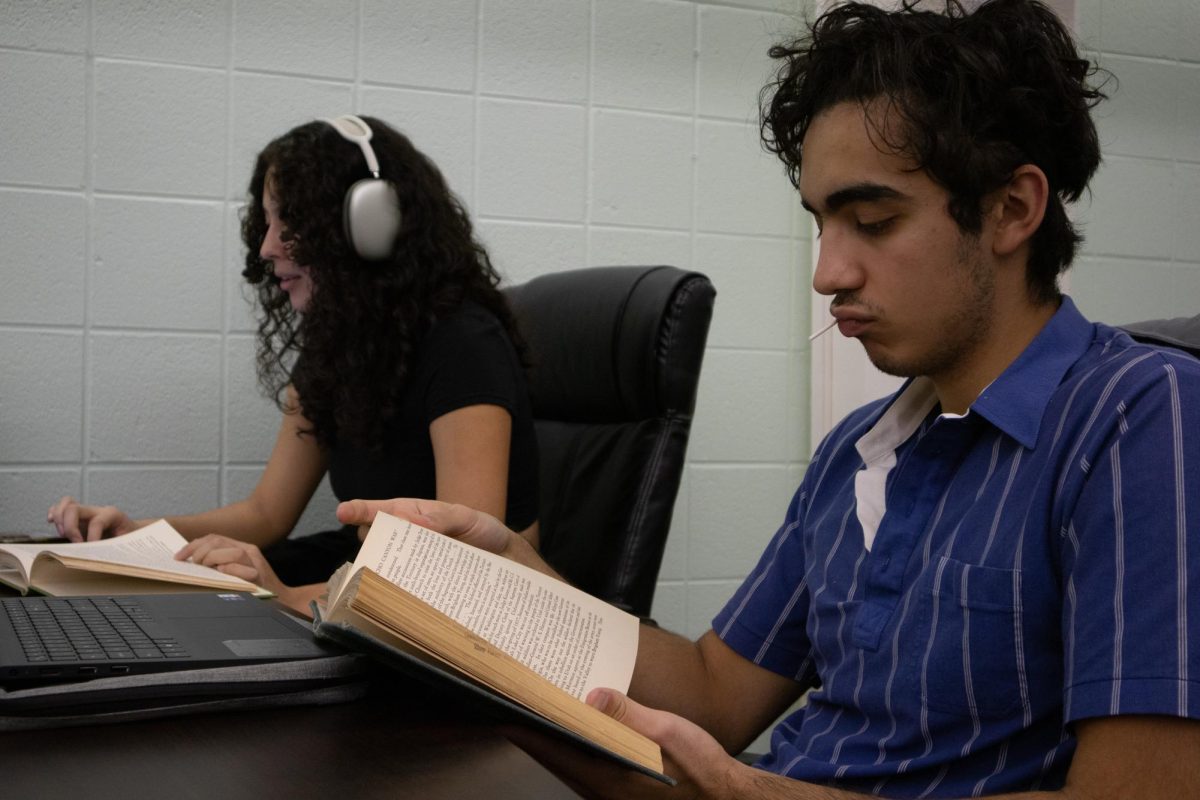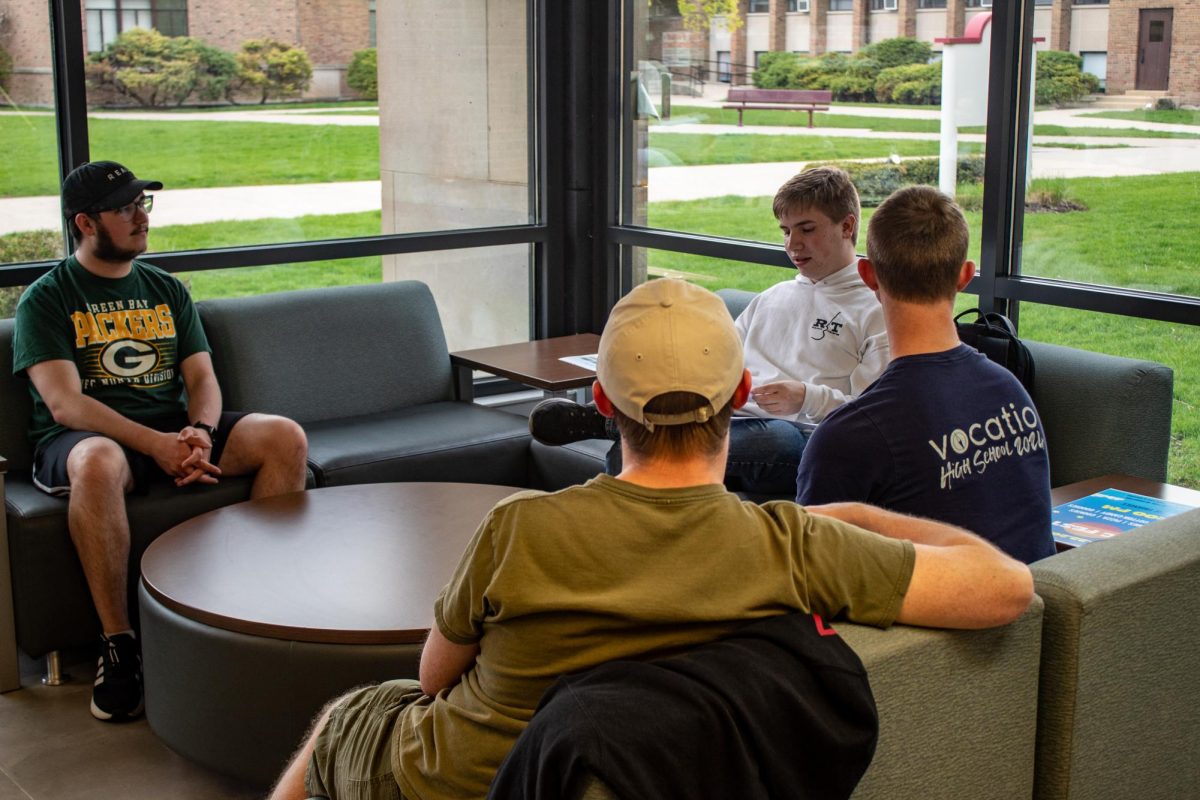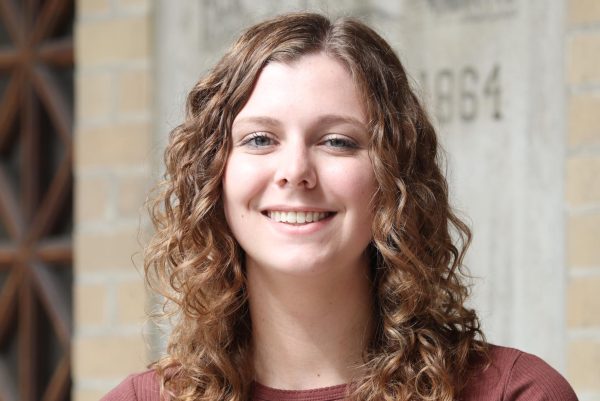In order to save money this fall, freshman Natalie Carpenter decided to rent Financial and Managerial Accounting, the required textbook for Introduction to Accounting taught by Professor Michael Carroll. When Carpenter tried to start a homework assignment, however, she realized that the digital access code provided by Slingshot, CUC’s new campus bookstore, did not work.
Carpenter went back to the bookstore to sort out her problem. She discovered that although she had paid $76 for what turned out to be a faulty access code to the rental textbook, the next available option would cost $304. Carpenter ultimately decided to buy her class materials elsewhere.
“Overall, I don’t like Slingshot and will be buying or renting my books from somewhere else from now on,” said Carpenter. “This will save me a lot of money and trouble.”
Slingshot is the new textbook provider on campus this year, and its automatic book fulfillment program has received mixed reactions from students. While some agree the program is more user friendly than the previous provider, students like Carpenter found some of their materials were not fulfilled, and many students feel they can find cheaper books elsewhere.
“I think the best part of Slingshot is that you don’t have to think about how and where to find your books,” said bookstore manager Amanda Allen. “You don’t have to figure out what you need, it’s all taken care of by us.”
Several weeks before the beginning of the next semester, professors submit to Slingshot a list of books that are either required or optional for their course. Slingshot only automatically fills the required resources, and students can choose whether they want to also buy the optional books.
Students can choose to rent all course materials, buy them all used, buy them all new, buy all digital books when possible, or opt-out of the program. Freshman and transfer students were automatically enrolled to receive books from Slingshot, while all other students had to choose which option they wanted. Even if a student chooses to opt out of the automatic delivery, they can still choose to order specific books from Slingshot.
Aside from books, Slingshot is responsible for the updated apparel in the bookstore, as well as handling the mail service.
The university’s contract with the previous textbook provider Barnes & Noble running out in 2023, and so CUC had to choose whether to renew the contract or seek out other vendors for the 2023-2024 school year.
“Our top priority is always our students,” said Dean of Students Kathy Gebhardt. “With this in mind, we decided to explore all of our options in order to provide the best service to our students.”
Associate Vice President for Communications and Marketing Eric Matanyi was on the committee that selected Slingshot as the new bookstore vendor.
“We selected Slingshot for a couple of key reasons,” said Matanyi. “They are a Christian-based company whose values align closely with CUC’s. Additionally, their ability to automatically fulfill textbook orders and ensure that all students receive appropriate course materials has a direct positive correlation on student success and retention.”
Unlike Barnes & Noble, Slingshot connects directly with CUC’s billing system through the Business Services office. Student billing is now handled through a single source rather than having to pay the bookstore separately.
According to Allen, 47% of undergraduate students have received any type of material from Slingshot, with 475 of these students renting their materials. Around 950 students opted out of the automatic enrollment process.
Already, however, some students have experienced a number of problems with Slingshot and the way their services function.
Freshman Samuel Gordon received the wrong textbook for his News Writing and Reporting course. When Gordon took the text to the bookstore for a replacement, the staff insisted that he had received the right textbook. “Slingshot was no help at all,” Gordon said.
Gordon returned to the Slingshot store once more, this time with his News Writing and Reporting instructor, Denny Watkins, in tow. On the second visit, Gordon was allowed to return the incorrect book without hassle and order the correct copy.
“I was never told or realized I could opt out of Slingshot,” Gordon said. “I’m just going to find another way to get the books I need.”
Slingshot is aware of these problems and is working to create strategies to avoid these problems in the future. The company is setting up training courses and seminars for professors and staff in order to help them use the system to ensure that the next few semesters will go smoother.
“There are always challenges during vendor transitions of any type,” said Director of Conference and Auxiliary Services Mary Cesar. “In our experience thus far with Slingshot, the challenges have been minor.”
A lot of the problems have been related to the digital resources Slingshot provides, as this option has grown immensely over the past few years, according to Allen. Although there have been many problems companywide, Allen said, but Slingshot is working to make sure things go smoother in the future and that all access codes for materials work.
“I think these kinks will be worked out over time,” said Allen. “We are taking care of things here, as well as on a corporate level.”
Sophomore Emily Greene ordered her books through Slingshot, she had all the materials she needed when classes started. When Greene realized that she could borrow one of her purchased textbooks from a friend instead, she found it easy to return it to the bookstore for a refund.
“The website was easy to use, and all of the options were clearly laid out for me,” said Greene. “Everything went smoothly, and I will use Slingshot again in the future.”
Sophomore Ruth Eatherton did not order her books from Slingshot, but she appreciated how the website generated a list of which books she needed to obtain for the semester.
“I didn’t have to enter all of my classes into the website to find out what materials I needed,” said Eatherton. “I liked that Slingshot just showed me exactly what I needed.”
Next year, freshman and sophomores will be automatically enrolled into the program. The following year’s freshmen, sophomores, and juniors will be enrolled, and the year after that all students will be automatically enrolled. Students who opt-out will not be automatically enrolled in the future, but they can change their preferences to opt back in at any time.
“My hope is that our new campus bookstore helps to support our ongoing efforts to serve our students well specifically as it relates to providing excellent service and affordable prices for course materials,” said Gebhardt.

